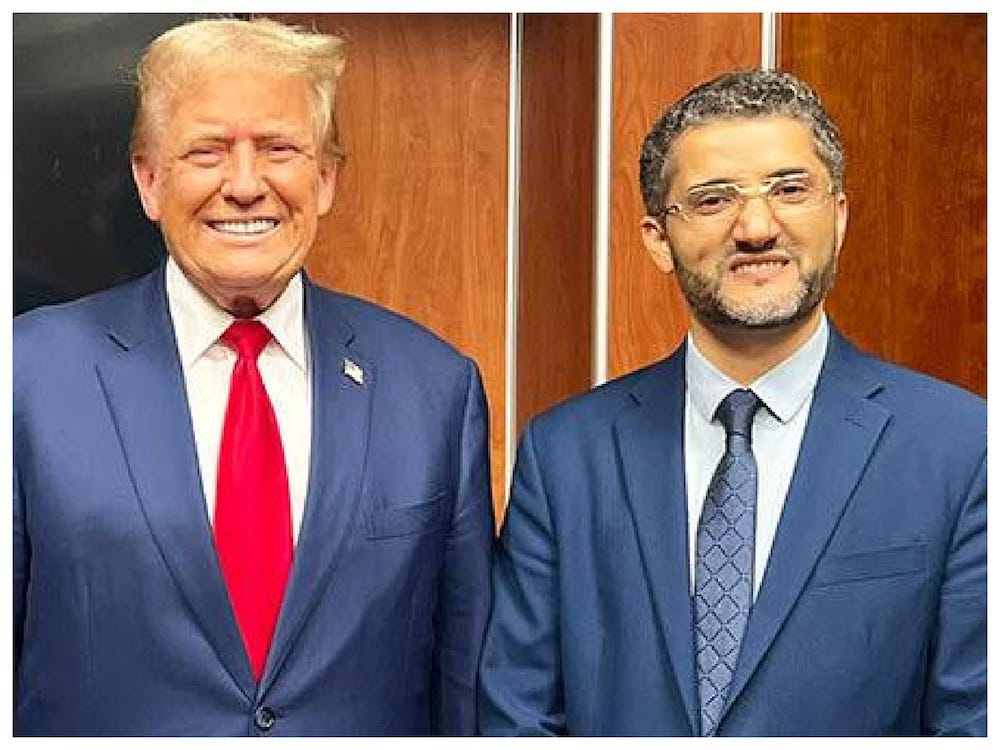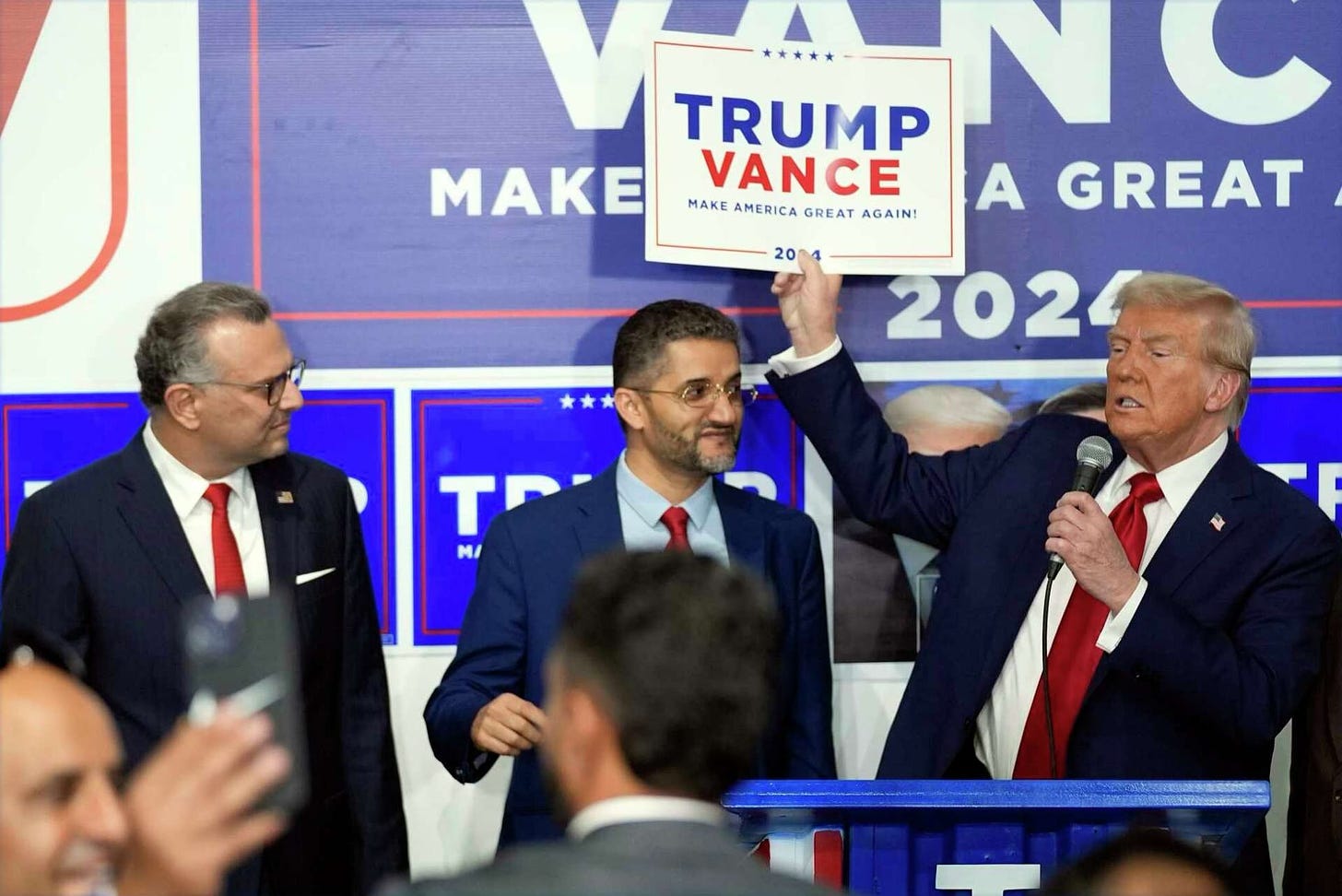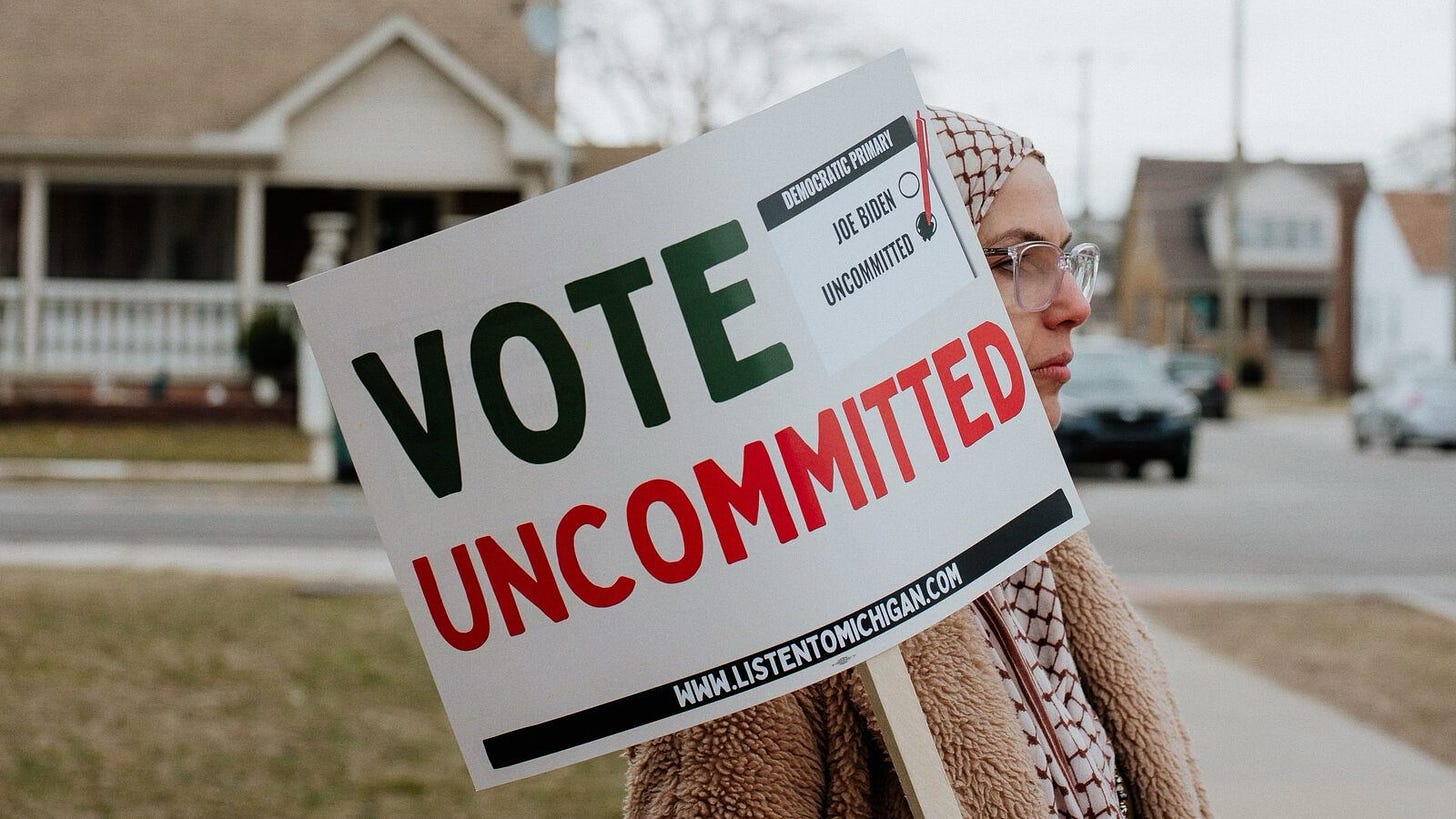From Blue to Purple: The Political Transformation of Michigan’s Arab American Voters
Foreign Policy Shifts Prompt a Historic Realignment in the Heartland.
The political terrain of Michigan is undergoing a significant transformation. Arab American voters, traditionally aligned with the Democratic Party, are now exhibiting a pronounced divide in their electoral loyalties. This shift not only reshapes the state’s political dynamics but also signals a potential realignment with profound implications for American politics.
A Historical Alliance Reexamined
For decades, Arab American communities in Michigan have been steadfast supporters of the Democratic Party, playing a crucial role in its electoral achievements. This enduring partnership is now facing challenges. Recent reports indicate a growing split among Arab American voters between Vice President Kamala Harris and former President Donald Trump. Notably, Hamtramck Mayor Amer Ghalib, a prominent Arab American figure, has endorsed Trump, citing dissatisfaction with the Democratic Party’s foreign policy, especially concerning the Middle East.
Foreign Policy: The Catalyst for Change
The Democratic Party’s foreign policy positions, particularly regarding the Israeli-Palestinian conflict, have been pivotal in this shift. Many Arab American voters perceive a pro-Israel bias and express deep concern over the humanitarian situation in Gaza. As one voter remarked, “The Democratic Party’s unwavering support for Israel, even amid human rights violations, has led me to reconsider my vote.”
Republican Outreach and Emerging Support
Sensing an opportunity, the Republican Party has intensified efforts to engage Arab American voters. At a recent rally in Novi, Michigan, Trump invited Muslim leaders on stage, emphasizing his administration’s economic accomplishments and addressing issues pertinent to the Arab American community. This strategic outreach appears to be resonating, as shifting voter sentiments suggest.
Polling Data: A Reflection of Change
Recent polls underscore this evolving dynamic. An Arab News/YouGov poll published on October 22, 2024, shows Trump leading Harris among Arab American voters, with 45% support for Trump and 43% for Harris. In swing states like Michigan, such a shift could be decisive. The data portrays a community in transition, with foreign policy stances significantly influencing this split.
National Implications
The ramifications of this realignment extend beyond Michigan. Arab American communities in other swing states are exhibiting similar trends, potentially altering the national electoral calculus. This shift may prompt both parties to reassess and refine their foreign policy platforms to address the concerns of Arab American voters.
The evolving political dynamics within Michigan’s Arab American community signify a critical juncture in American politics. The transition from a solid Democratic allegiance to a divided stance underscores the complex interplay of foreign policy, community interests, and party loyalty. As the election approaches, both parties would be wise to address the concerns of Arab American voters, for their support could be pivotal in determining the nation’s political trajectory.










